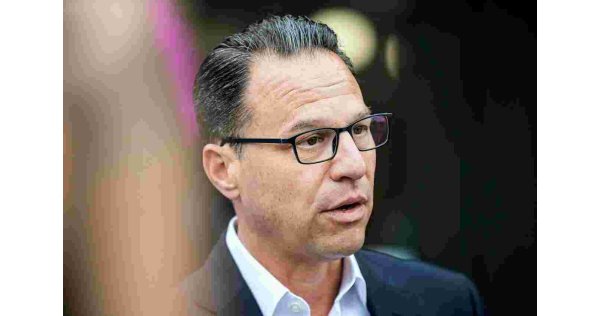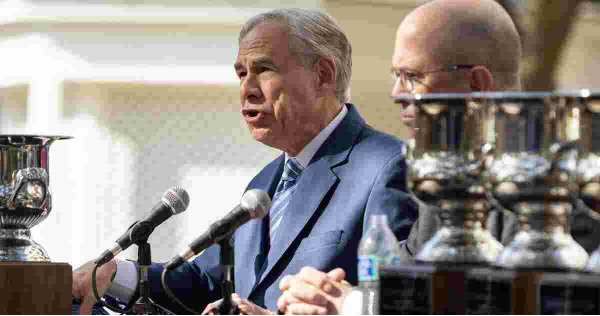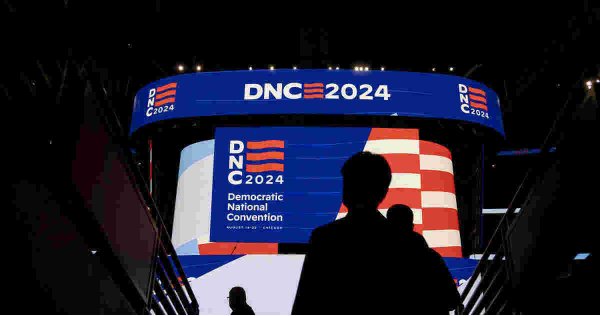Since the 2020 election, Texas Republicans have undertaken a significant rewrite of the state's voting laws, rendering certain long-standing practices illegal.
Among the key figures in this electoral landscape is the late William "Billy" Leo, a former politician and civic leader in the Rio Grande Valley. Leo spearheaded the mobilization of campaign workers to assist elderly residents in casting absentee ballots, a practice commonly known as "politiqueras."
However, recent years have seen a crackdown on such practices, with state lawmakers implementing stricter regulations and Attorney General Ken Paxton launching an "election integrity investigation." The investigation has resulted in the search of homes belonging to Latinos suspected of involvement in alleged illegal vote harvesting.
The Texas legislature also enacted Senate Bill 1, which, among other provisions, prohibits the unsolicited mailing of mail-in ballot applications and imposes new restrictions on assisting voters with mail-in ballots.
Critics argue that these measures disproportionately target Latino and Democratic strongholds, while advocates contend that vote harvesting has occurred in the Rio Grande Valley and elsewhere in Texas. Legal challenges are ongoing, and election observers warn that the line between lawful assistance and illegal activity has become blurred.
The impact of these developments on voter engagement, particularly in Latino communities, remains to be seen. The Texas Tribune emphasizes the importance of verifying voter registration status and encourages eligible Texans to vote in the upcoming November 5 general election.
Ken Paxton’s vote harvesting investigation in South Texas renews questions over politiqueras
Since the 2020 election, Texas Republicans have dramatically rewritten the state’s voting laws, which have made some long-standing practices illegal.




